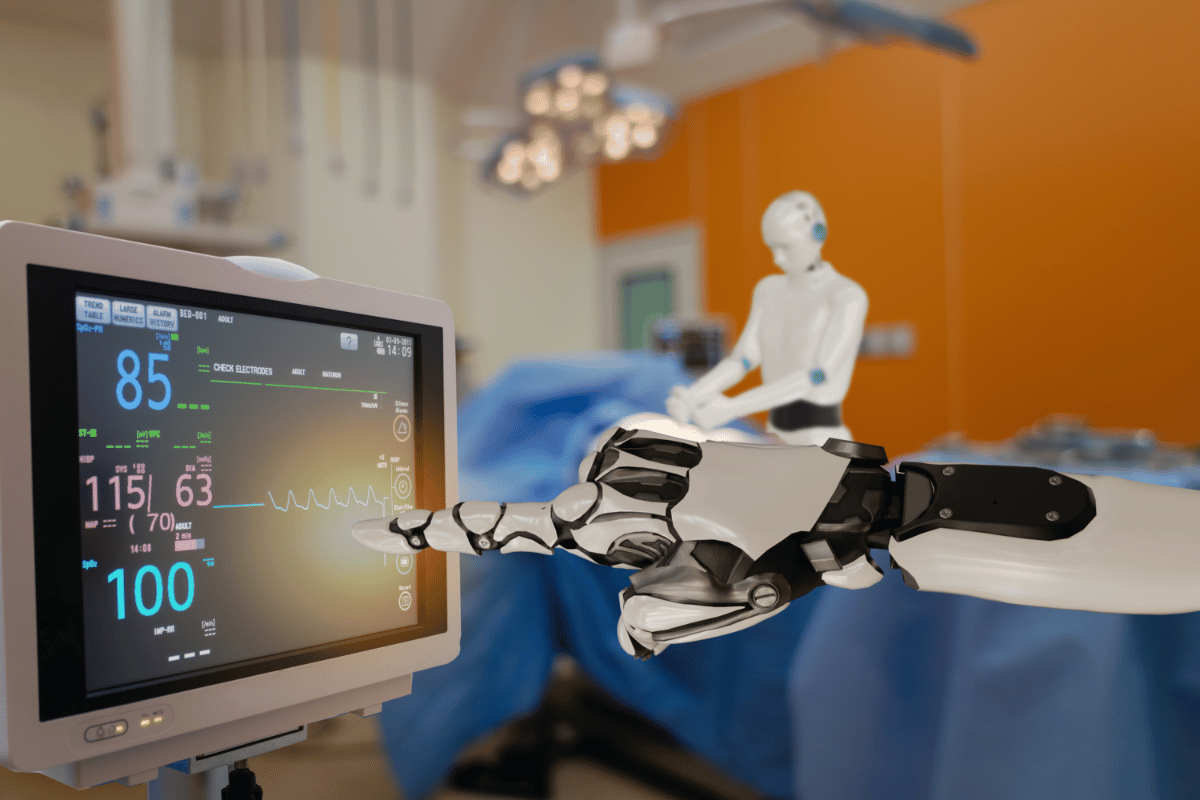A Quick Guide to Automation in Healthcare
Healthcare automation refers to using automated technologies and systems to streamline and expedite healthcare processes. The main goals are to increase overall efficiency in various medical care domains, lower the amount of physical labor, and more.
With that in mind, allow us to quickly cover all you need to know about automation in healthcare.
Examples of Automation in Healthcare
There are various types of automation in healthcare. Some major examples of automation in healthcare include:
- Robotic surgery – This is a type of automation in healthcare. In robotic surgery, robots assist medical professionals in carrying out intricate procedures more precisely, requiring fewer incisions and accelerating patient recovery.
- Automated drug dispensing systems – Automated drug dispensing is a further form of medical automation systems. These devices automatically provide the recommended dosage of medication, improving process efficiency and safety.
- Telemedicine – You may be familiar with the concept of telemedicine. It’s when medical professionals utilize AI technology to provide remote medical advice, making healthcare accessible to those living in remote places.
- Electronic health records (EHR) – Patient data is handled by automation in healthcare, which minimizes paperwork and guarantees accurate and easily accessible information.
Major Perks of Automation in Healthcare
It is cost-effective
Clinics and other healthcare centers can lower their operating expenses with the use of automation in healthcare. This is simply because it streamlines workflow, gets rid of human labor, and more.
For instance, when they rely on automated drug systems, they can save waste and guarantee that prescriptions are filled correctly, preventing expensive mistakes. This decreases the amount spent and offers good resource utilization.
Enhanced experience for patients
Everyday tasks in healthcare systems are being automated, freeing up more time for healthcare professionals to interact with patients. Healthcare automation technology also expedites the process, lowering wait times by delivering test results and treatments faster.
These automated technologies enable tools like telemedicine, which facilitate in-home doctor visits, thereby improving patient access, particularly in underserved areas.
Better data management and convenient access
Patient information may be managed and accessed more easily using automation in healthcare. Healthcare professionals may easily locate and exchange patient data when necessary thanks to systems like electronic health records (EHR), which digitally records patient data.
By employing correct, up-to-date records, this facilitates more effective collaboration between various specialists.
Furthermore, data insights in automation healthcare support the development of individualized treatment strategies and enhance healthcare outcomes.
Medical Automation’s Future
The field of medical automation will continue to increase as technology advances. Soon, we can expect to see new advancements like AI-based diagnostic tools, automated administrative duties, and perhaps even self-operating robotic procedures.
The goal of this type of automation in healthcare is to improve accessibility, lower costs, and increase overall service efficiency.
Final Verdict
Automation in healthcare is improving everything in this sector. You need to have a better understanding of how healthcare automation has shaped modern medicine be keep up with these developments. If you ever need a reminder, this article is available for you.





